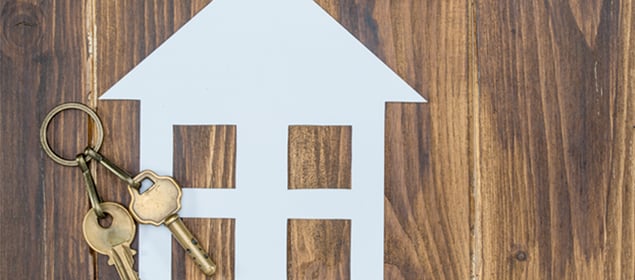BLOG
Subscribe to our newsletter
Landlord or tenant: who's responsible for property maintenance?
 When it comes to rental maintenance, it can be difficult to know who is responsible for what. Who is responsible for cleaning or maintaining the smoke alarms? Is it you, or the tenant? Sometimes the lines get blurry.
When it comes to rental maintenance, it can be difficult to know who is responsible for what. Who is responsible for cleaning or maintaining the smoke alarms? Is it you, or the tenant? Sometimes the lines get blurry.
Let’s look closely at what the rules say about rental property maintenance and get some clarity.
Landlord responsibilities
The Residential Tenancies Act 1986 is the bible of renting property. And when it comes to the upkeep of a property, a landlord’s responsibilities are—in layman’s terms:
- To keep the property in a reasonable state of cleanliness, which includes pruning trees, hedges and shrubs in the garden.
- To maintain the property in a reasonable state of repair so it is safe to live in. This extends to fixing any damaged trees, shrubs or hedges and making sure they are safe.
- Meet the new requirements for smoke alarms.
- Comply with new insulation regulations.
- And the gutters? They—along with the roof, external cladding, fence (basically all physical structures on your property)—are your responsibility.
You might be interested in our guide: Rental property management: what new landlords need to know
Tenant responsibilities
While tenants don’t have the same level of responsibility as the landlord when maintaining a rental property, they still have a few obligations, namely:
- Keep the house clean and tidy. This usually includes mowing the lawns and weeding the gardens.
- Notify the landlord of any damage or repairs needed to the property.
- Intentionally damaging the property, or permitting someone else to.
- Interfering with any fire escape routes.
Read more: The full list of tenant responsibilities
Further rules in the tenancy agreement
With the tenancy act covering the big stuff, there’s also an opportunity to add in extra clauses (or clarify certain responsibilities), in the residential tenancy agreement between you and your tenant. All you have to do is make sure both parties understand, agree and sign the agreement.
Here are a few common additions.
Tenants must:
- Replace batteries in smoke alarms.
- Not alter the property without the landlord’s consent.
Read more: A sample residential tenancy agreement
Note for landlords
As part of the new insulation regulations your tenancy agreement must disclose if your rental has insulation, where it is and what condition it is in.


